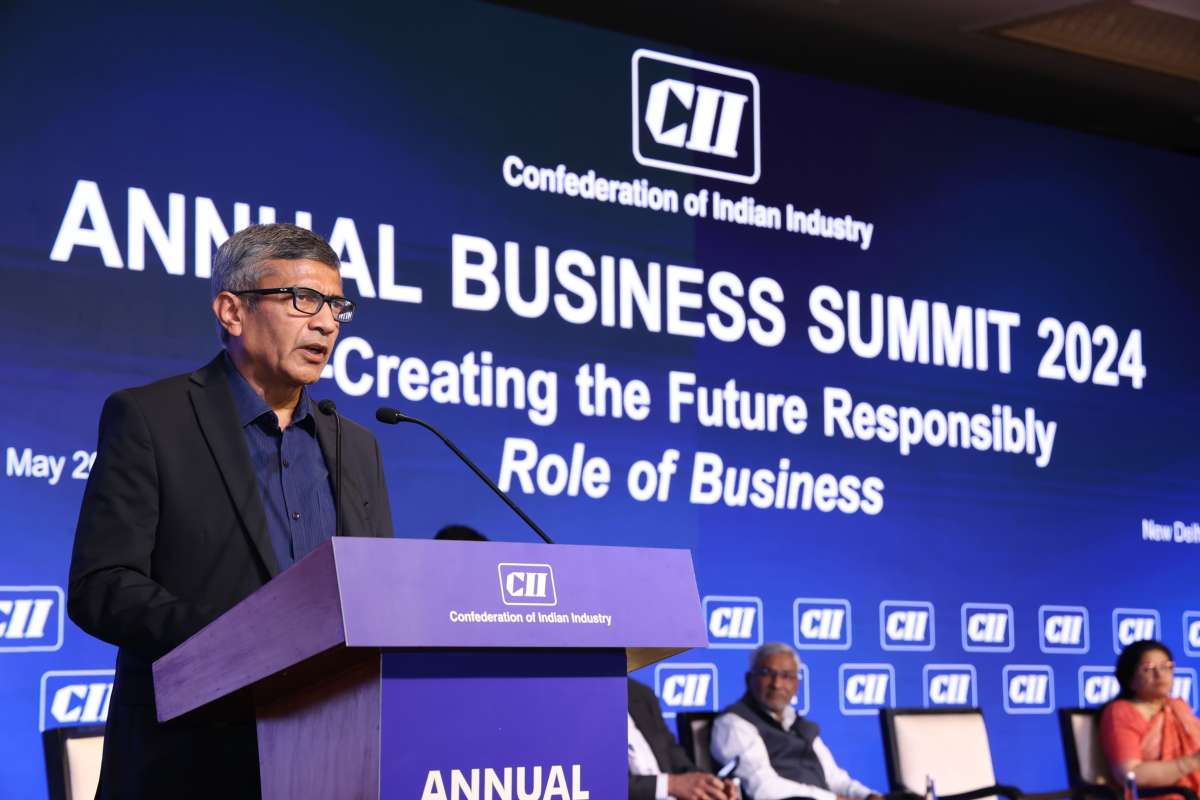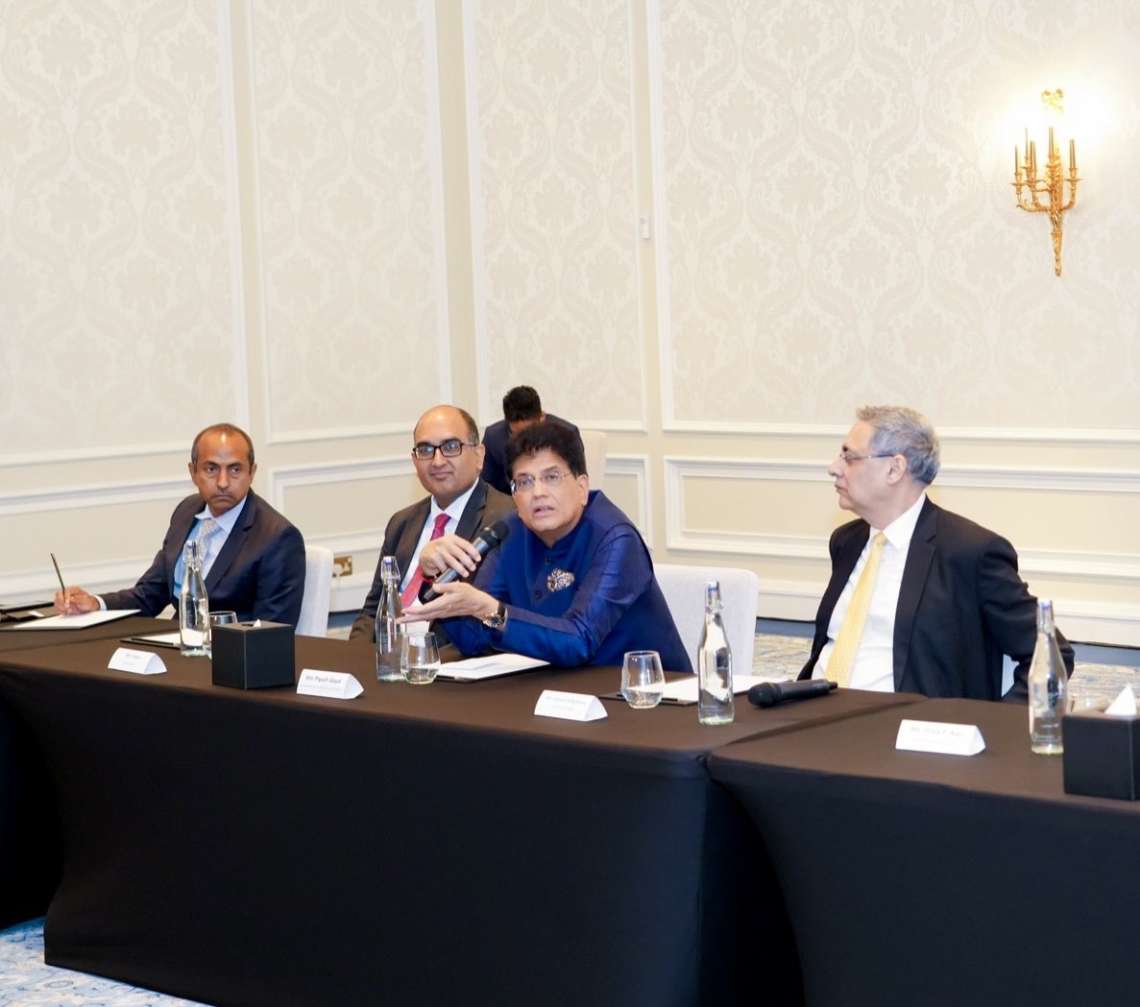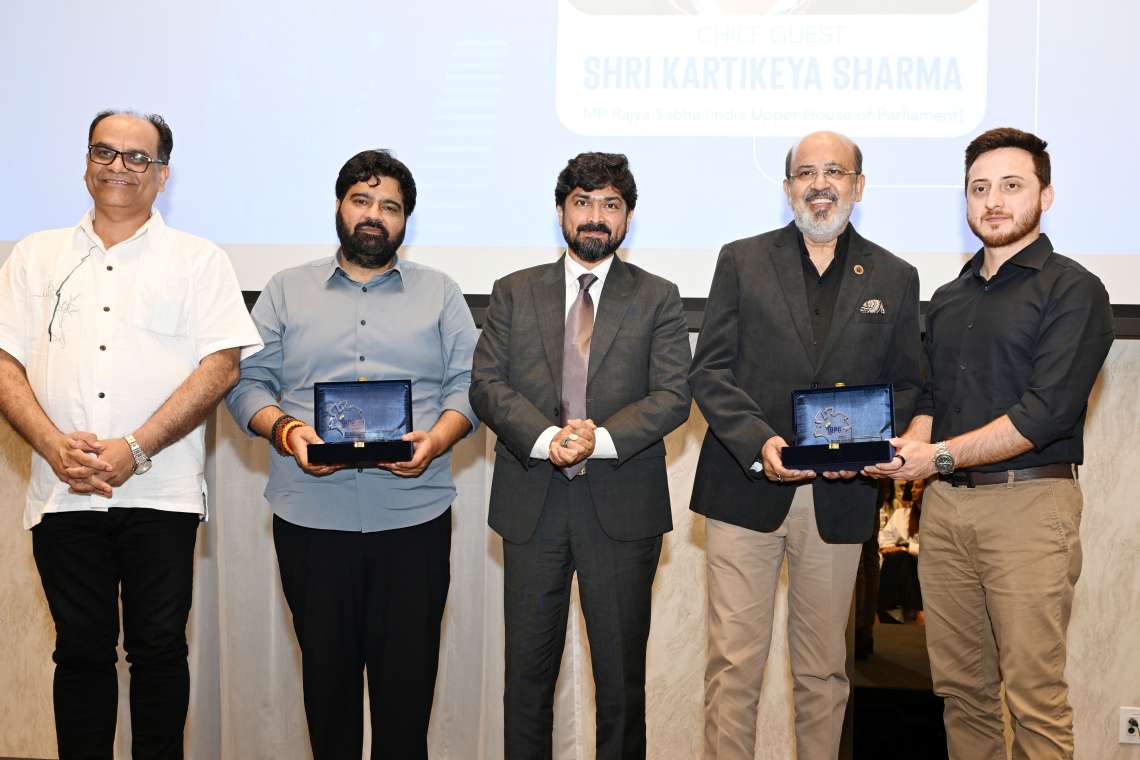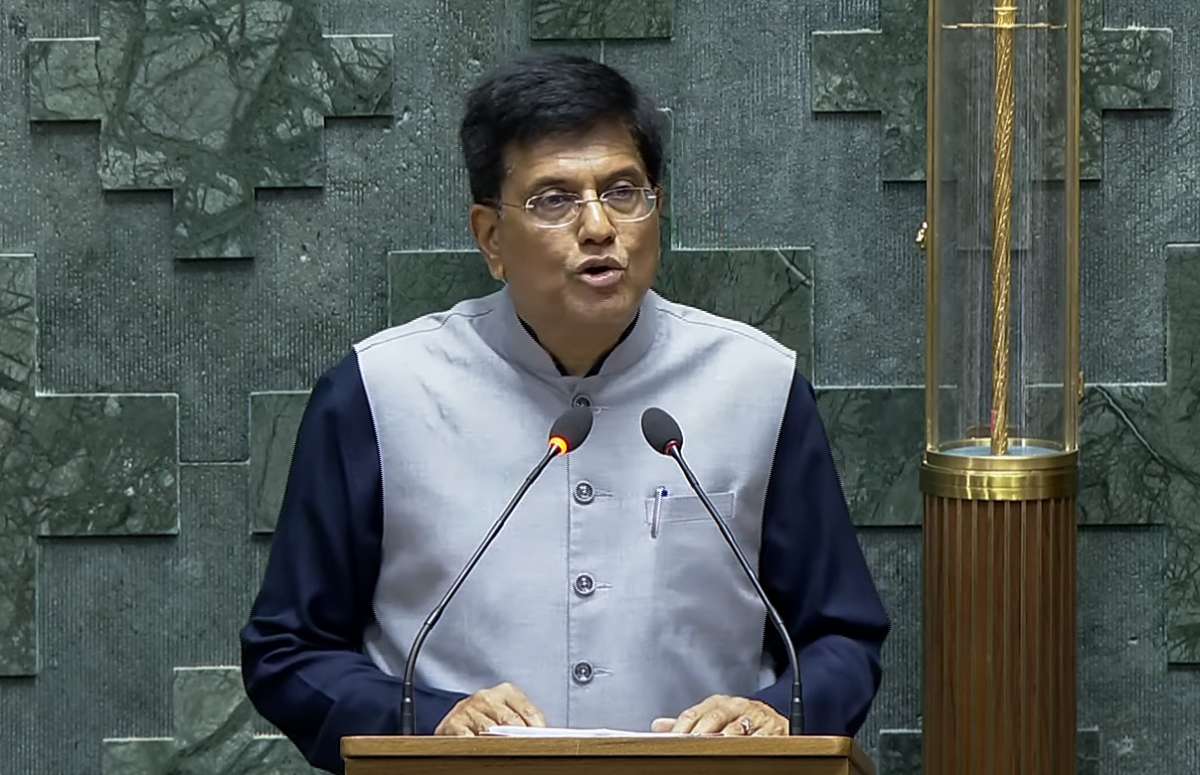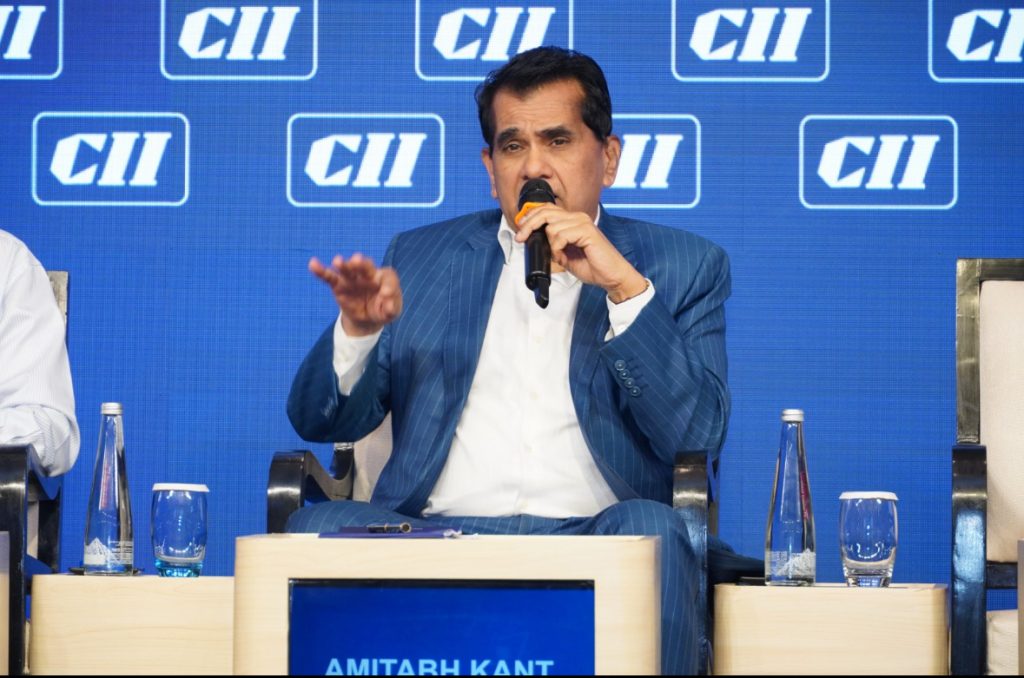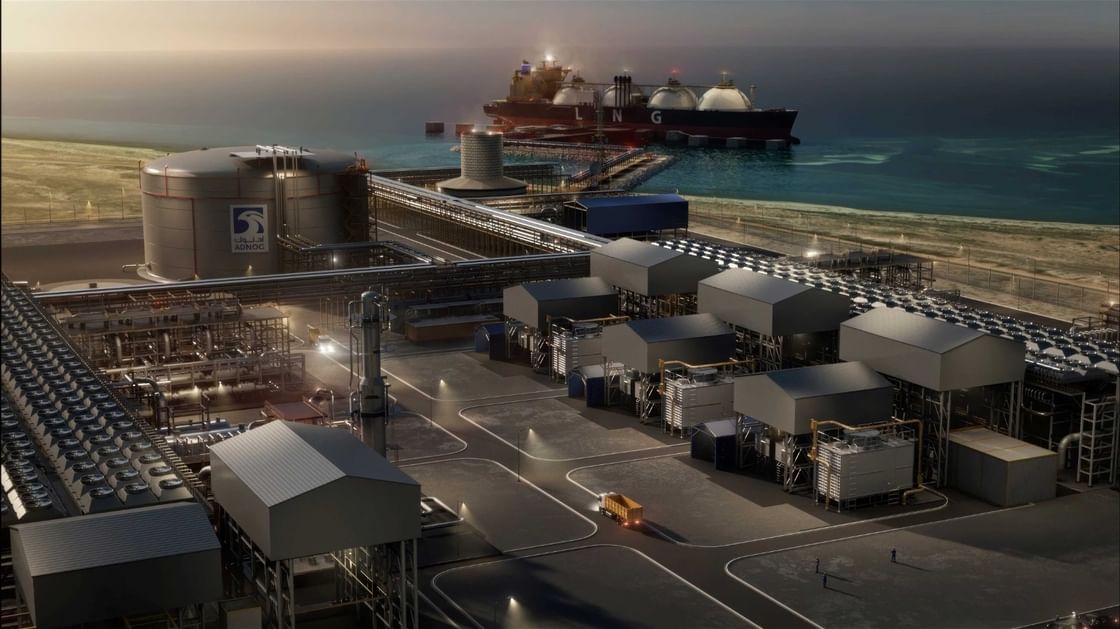The new EV policy was announced in March, where the government reduced the Customs duty to 15 per cent with certain conditions…reports Asian Lite News
While all eyes are on Elon Musk-run Tesla to make its entry into India, the government is expecting a good response from several automobile majors on the electric-vehicle (EV) policy, Rajesh Kumar Singh, Secretary in the Department for Promotion of Industry and Internal Trade (DPIIT), said on Saturday.
Last month, the tech billionaire said he would not visit India amid crucial Tesla quarterly results, as he delayed his visit to the later part of the year to announce his investment plans.
“Everybody talks about one company (Tesla), but we are expecting responses from many companies to that policy,” Singh said at the CII’s annual business summit in the national capital.
The new EV policy was announced in March, where the government reduced the Customs duty to 15 per cent with certain conditions.
It entailed a minimum investment of Rs 4,150 crore to set up EV manufacturing facilities, production to start within three years and reach 25 per cent DVA (domestic value addition) by three years and 50 per cent DVA within five years at the maximum.
The new EV policy paved the way for Musk and other automakers to enter the Indian EV market.
According to experts, the EV market in the country can achieve over 40 per cent penetration with $100 billion revenue by 2030.
The country is also making rapid progress in setting up EV charging infrastructure to phase out diesel vehicles within a stipulated time frame.
ALSO READ: India’s PhonePe Debuts in Lanka

